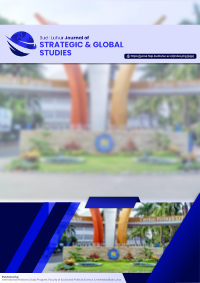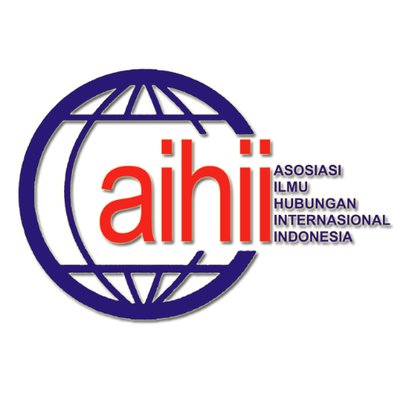Call for Papers: Budi Luhur Journal of Strategic & Global Studies Volume 4, Number 1 - January 2026
Call for Papers – Journal of Strategic & Global Studies (JSGS) Volume 4, Issue No 1, January 2026
We are pleased to announce the Call for Papers for the upcoming issue of the Journal of Strategic and Global Studies (JSGS), Volume 4, Issue No 1, scheduled for publication in January 2026.
JSGS welcomes researchers, scholars, and practitioners to submit their original research articles, reviews, and case studies within the scope of social sciences. The journal provides a platform for sharing insights, knowledge, and advancements in various fields of social sciences.
Important Dates:
Submission Deadline: December 30, 2025
Publication Date: January 2026
Topics of interest include, but are not limited to:
International Politics
International Economy
Security
Diplomacy
Conflict
Humanitarian
Transnationalism
Development
Peace and War
Globalization
Foreign Policy
And other related areas
Submission Guidelines:
Please submit your paper online through our submission portal on the Journal of Social Sciences website. Detailed submission guidelines and formatting instructions are available on the website.
For any inquiries or assistance, please contact our editorial team at journal_sgs@budiluhur.ac.id.
We look forward to receiving your valuable contributions and to making this upcoming issue of JSGS a platform for insightful discussions and scholarly exchange.
Sincerely,
Editor-in-Chief
Read more about Call for Papers: Budi Luhur Journal of Strategic & Global Studies Volume 4, Number 1 - January 2026

 Budi Luhur Journal of Strategic & Global Studies, published by International Relations Study Program, Faculty of Social Science and Global Studies, Universitas Budi Luhur. Strategic Global Studies publish twice a year (June and December). In each edition, it received article that will be reviewed by internal and external editors. Afterwards, article reviewed by at least two reviewers, who had related expertise. Article will be reviewed with double-blind peer review.
Budi Luhur Journal of Strategic & Global Studies, published by International Relations Study Program, Faculty of Social Science and Global Studies, Universitas Budi Luhur. Strategic Global Studies publish twice a year (June and December). In each edition, it received article that will be reviewed by internal and external editors. Afterwards, article reviewed by at least two reviewers, who had related expertise. Article will be reviewed with double-blind peer review.












